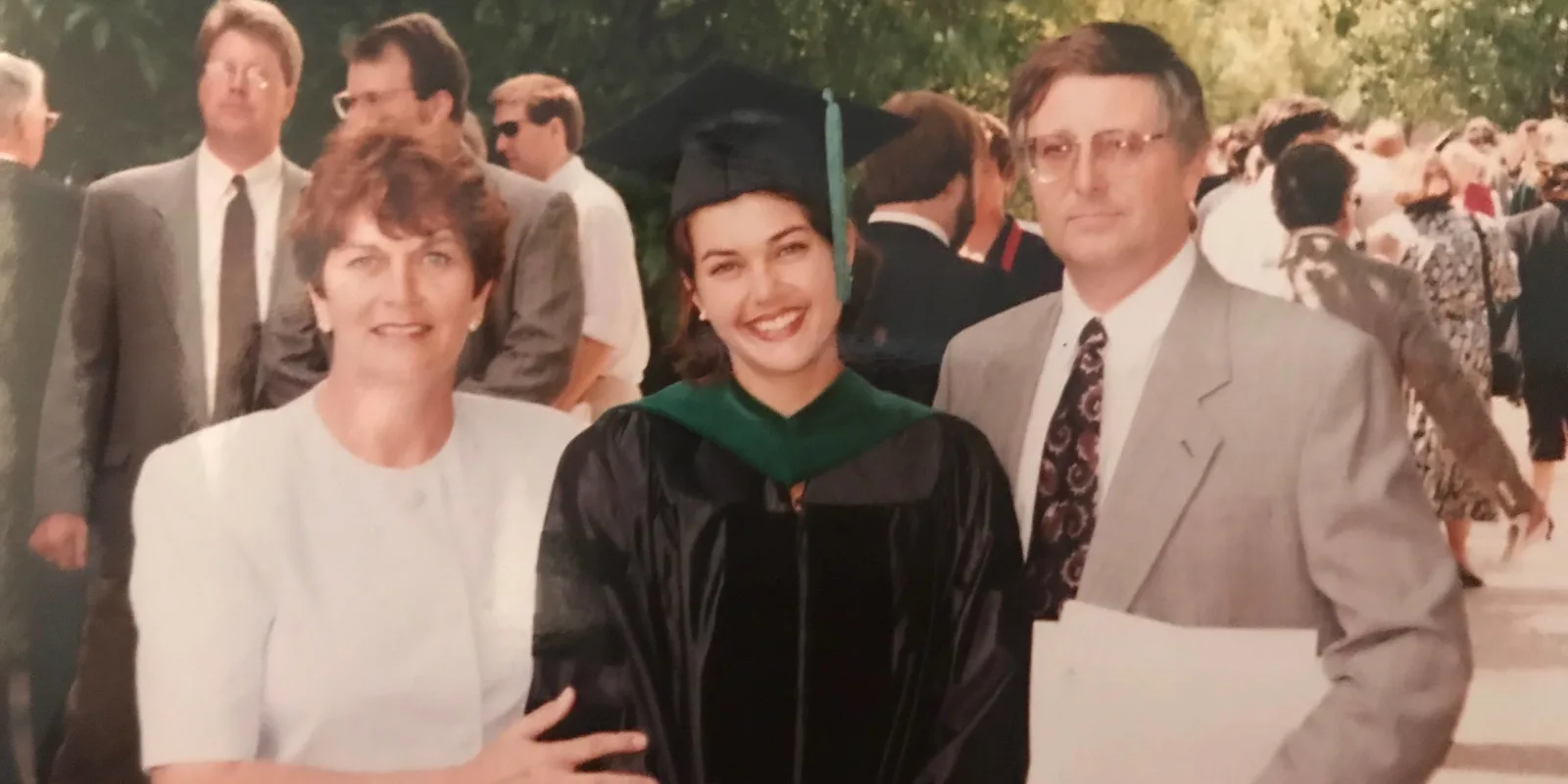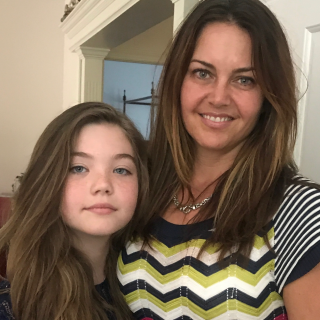
Editor’s Note: Dr Natalie Hodge is the Chief Medical Officer at PreventScripts. PreventScripts partners with providers to enable their at risk populations to live their lives at home without the pain and suffering of lifestyle disease.
Somehow, as a 20 year pediatrician, I have had a charmed life as it relates to the big C. Of course, my residency training at St Louis Children’s Hospital had many months on the pediatric cancer wards, bone marrow transplant patients, the works. In my many years of general practice, cancer is but a tiny portion of my outpatient medicine experience. I read once that statistically we “get” a Pre-B Cell ALL every seven years. Poor little ones with T Cell Lymphoma, Burkitt’s Lymphoma, and retinoblastoma burn in my memory. I ran into a grandmother recently of one of my sweet residency patients and she came over in a crowded restaurant after she saw me and gave me the tightest knowing hug.
In my family, we’ve skirted cancer by and large until yesterday. As a Healthcare Transformer, I had the fortune to hear Joe Biden’s horrifying and inspirational story at Startup Health’s Festival back in January, where a room of 500 health entrepreneurs collectively wept as he described Bo’s life, illness and death.
He told us, ” Everybody wants to talk to me about cancer”, Sheik’s, dignitaries and tech billionaires alike. The American Public will give us 100 Billion dollars for cancer if I ask them for it, but we HAVE to show results”.
Until recently, cancer discussions were about genetics, screening, better drugs, treatments, data sharing, and early diagnosis. We KNOW that 30-35% of cancers are due to smoking. I see and smell these sick smokers every week in Kentucky as I make a Walmart run, just walking through the parking lot. But another 30 to 35% of cancers are from poor diet.
After years of searching for behavior change researchers wanting to study clinical primary prevention interventions, I have finally found a small army of early adopters. We generalists and primary care docs have spent our careers in clinics giving health and nutrition advice to patients day in and day out. The same thing, more water, more fruits and veggies, more walking. We click our boxes in the chart, think we’ve done our best, and the patients come back in 3 months with the pounds ticking up rather than down.
But I digress. Back to my dad’s cancer diagnosis. Yesterday, I sat in the waiting room with my mother for a 4 hour surgery while my father was having an open procedure to remove what his urologist was fairly certain was a mid ureteral tumor. We sat and talked about his life, and cried and promised to never take him or any of our loved ones for granted. My mother mused about how he used to drink giant glasses of Coke in the seventies and wondered what might have triggered this cellular abberation disrupting our week. This presented with a single episode of gross hematuria which my astute dad quickly had checked out.
He explained to us how the mid ureter is the most difficult spot to deal with, and it was the size of a marble, no a black eyed pea, he corrected himself. He had to take out the entire ureter and kidney as well in an open procedure which is no small deal for a 77 year young man. I had that moment as his daughter when you worry that they could open him up and see evidence of multifocal metastatic disease, like our poor women with ovarian cancer. Thankfully, he thinks he got it all and we are waiting for the pathology.
I’d like to see a new world where those of us in the healthcare profession are truly dedicating ourselves to leveraging every ounce of our energies researching, implementing and creating the best primary prevention interventions with our most upstream patients. We know we can eliminate at least the 30 to 35% of cancers which are dietary related. I share in Joe’s vision for a new world in which our hospitals are NOT full of this disease. I want to look way upstream of screening for cancers in our 40 and 50 something patients.
This is what pediatrics, family practice, med-peds, and general internal medicine are all about. This is what we do. It starts early with our families in our clinics. And we are not doing NEARLY enough to help with primary prevention. MACRA is BUILT for primary prevention for our at-risk populations. We can now peek into the blind spot while our patients are at home and delay or fully prevent the moment disease starts and cannot be stopped.







